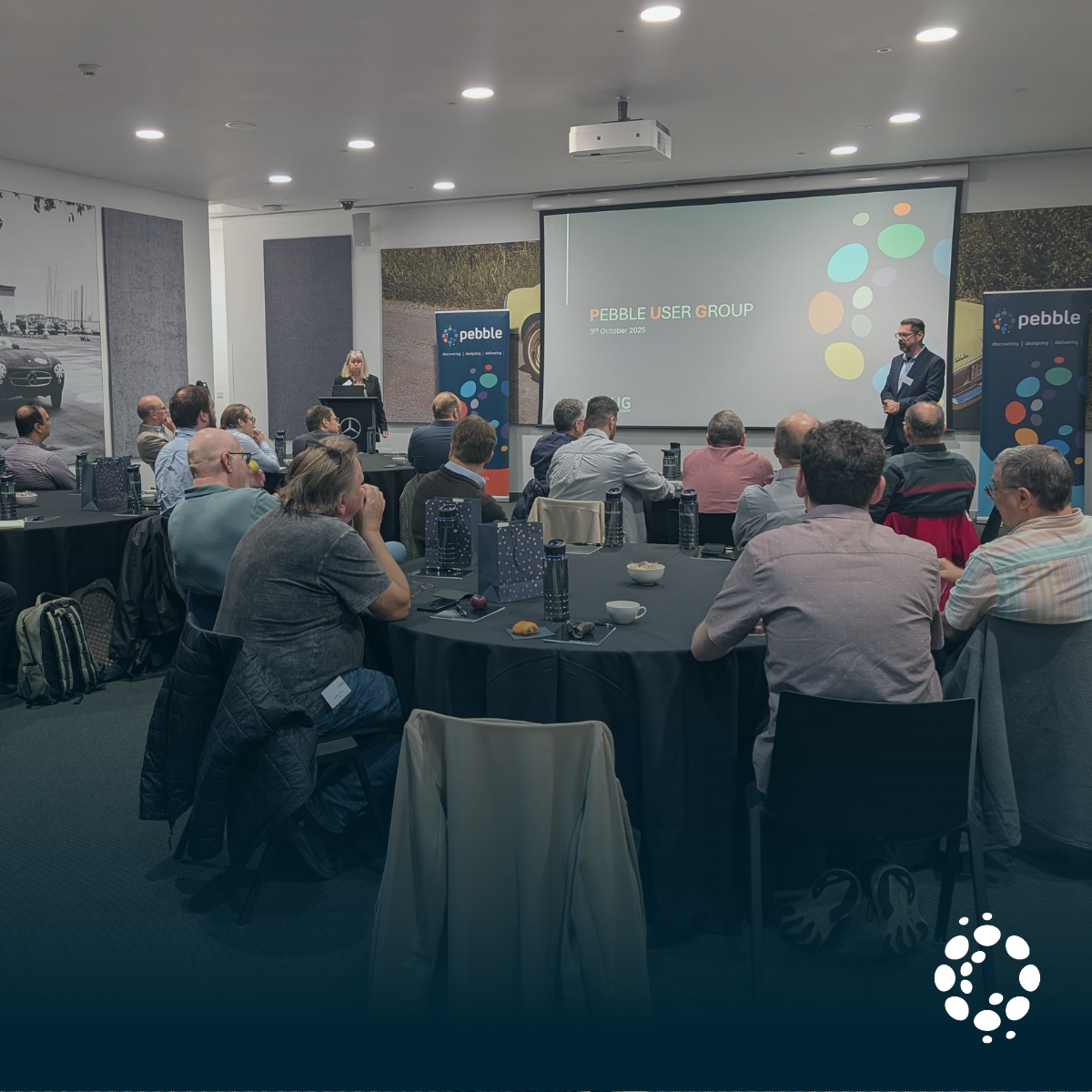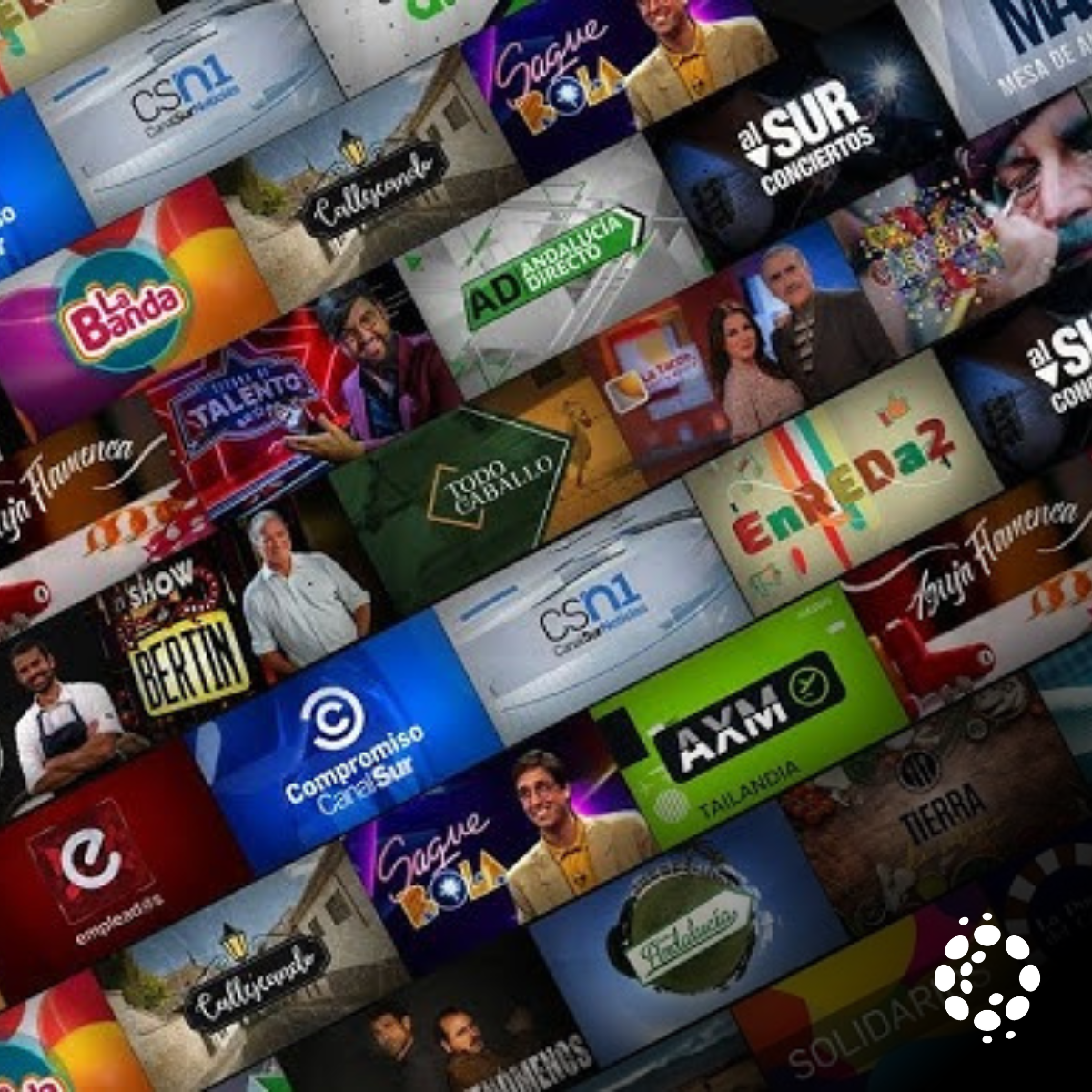NEWS RELEASE
For Immediate Release
Proven migration path and hybrid approach provides ultimate flexibility and confidence
Weybridge, UK, July 23rd, 2018 –Pebble Beach Systems, a leading automation, content management and integrated channel specialist, has further optimised its Marina playout system to ease the migration from legacy and EOL systems The company has successfully helped scores of customers worldwide transition from legacy and EOL systems to its state of the art Marina playout solution. Central to this success is Pebble’s managed approach and a plugin framework that ensures a seamless transition from legacy broadcast automation systems to the powerful Marina automation system without stress, compromise, and the need for a hard cut-over date. With Marina, the ability to create a hybrid, synchronised playout chain with any combination of hardware and software gives broadcasters and multi-channel originators ultimate flexibility to transition any part of that playout chain at a pace to suit their scheduling and operational requirements.
As legacy automation systems reach end-of-life, organisations want to take advantage of the flexibility and power of modern, centralized, software-based automation systems. However, many are concerned about migrating years of accumulated data from their legacy system database to a new automation system. For any business, having a hard cutover to an entirely new system comes with considerable risk. Are all staff adequately trained? Is it really necessary to change every component at once? Can we preserve our existing investment in channel technology? Is there a path to virtualisation and the cloud?
Pebble Beach Systems’ approach is enabling broadcasters to answer these questions in a way that mitigates risk and instils confidence.
Legacy broadcast automation databases often contain descriptive and timing metadata for hundreds of thousands of clips. Much of the descriptive data input by operators is considered critical to the successful use of the asset. Just as important is the metadata that describes the timing information. When an asset is ingested, an operator must determine the true start time, skipping any garbage frames, and the true end time for clean playback. Segment timings for breaks are also key. Both descriptive and timing metadata are stored in the legacy database, but if that data is lost during translation to the new automation system, control operators can’t guarantee a clean broadcast output. Having personnel re-analyse and re-mark all clips in the new database is unsustainable, but Marina’s existing integration with practically all the popular broadcast scheduling and traffic systems enables organisations to standardise their data exchange, while direct API integration with third-party MAM systems enables retention of existing workflows.
When migrating to Marina, not only is all metadata transferred, but an active database bridge is also created between both systems to keep the systems in sync and enable them to run in parallel.
“Having an engineer show up and run a one-time database conversion process is not a solution for most customers,” says Ian Cockett, CTO and one of the founders of Pebble Beach Systems. “We realize that hard cutovers are unrealistic and overly burdensome, so the method we provide keeps the legacy and the Marina databases constantly synchronised, running in parallel, ensuring operations can make a well-orchestrated and managed transition on their own terms, in their own time.”
Having a hybrid approach means not only running any legacy equipment in parallel, but also having the ability to run a mix of SDI and IP equipment. Pebble’s integrated channel technology device, Dolphin, allows SDI or IP playback so that operations can switch to an IP based infrastructure when they are ready, and everything is tested.
“It’s one thing to build a greenfield site from the ground up with the latest IP infrastructure,” says Cockett. “For everyone else, moving the entire playout chain to IP represents another potential point of failure that many broadcasters are rightly hesitant to undertake.”
Operator change management is a further key consideration during system migration. The Marina UI layout can be configured to closely mimic a legacy system UI which helps with initial training and uninterrupted operation. With time, additional data and augmented feature sets can be revealed to operators by the system’s administrators.
Virtualisation of playout is a hot topic, but not every channel is a good candidate for moving to a public or private data centre today. As technology and business models continue to evolve, it’s very important for any new playout system to have a path to virtualised deployment. Orca, Pebble’s virtualised playout solution is already providing cloud playout for multiple customers. So, whether a broadcaster needs a path to virtualisation today, or tomorrow, Orca and Marina provide a future-proof strategy with no need for staff to learn a new interface.



